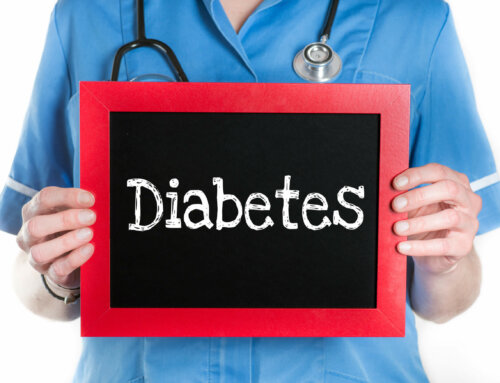As I do my weekly catch up reading on diabetes trends, studies and pop culture information I like to share some of the more interesting findings. Feel free to forward them to your family and friends. They may find that it helps them with their diabetes control and overall knowledge.
A recent study done at The Obesity Prevention Center in Boston, Massachusetts, by Dr. Cara Ebberling, compared diets that were either low fat, low glycemic or low carbohydrate. According to the study the best of the 3 diets for weight control and reduction of cardiovascular disease (extremely relevant when you have diabetes) was the low glycemic diet. At the end of 6 months they also found better blood sugar control using the low glycemic diet. The novel concept was that “not all calories are created equal” when it comes to better health. The low carbohydrate diet caused an increase in C-reactive protein (a marker of inflammation) as well as a higher level of cortisol (a stress hormone that increases insulin resistance) and belly fat. This does not mean someone with diabetes should start a diet of high carbohydrates – remember to count them per meal – but it does confirm that even people with diabetes need some good carbohydrates! The low fat diet caused lower energy, increased insulin resistance, increased triglycerides and as well as decreased HDL (the good component of cholesterol).
Take Home Message – It is not wise to severely restrict any major nutrient especially when including good mono-unsaturated fats or complex carbohydrates. Portion size and timing of meals and snacks are always the major concern. The concept of low glycemic food choices has been around for a while and there has always been some controversy about combining foods when getting a benefit from low glycemic choices. An example would be to combine protein, fat and a low glycemic carbohydrate to get a smaller blood sugar rise. Timing of the foods can also have an influence but this study seems to override some of these theories. Certain foods are considered either low glycemic index (55 or less), medium glycemic index (56-69) or high glycemic index which is 70 or more. Research has also shown that the higher glycemic foods cause a higher body mass index (BMI) and obesity. You can get on the internet or buy a guide that offers glycemic food values. Just think about choosing the high fiber, unprocessed carbohydrate foods like we always write about. Include all your non-starchy vegetables as free food, limit fruit servings to 2-3 servings a day and remember – the riper the fruit the higher the glycemic index. Sweet ripe peaches have the potential of more natural and a bigger rise in blood sugar. Also watch tropical fruits like mango, pineapple, bananas and papaya which have a higher glycemic index. Choose whole grain pasta (Dream fields’ pasta or quinoa pasta) and remember to cook al dente; this gives the pasta a lower glycemic index. Same thing with rice – choose wild, black or brown, use the long cooking kind but do not overcook. You can even rinse the rice in water at the end of cooking to remove more starch. Do not choose the boxed, instant or flavored rice since they have too much sodium and artificial ingredients plus a higher glycemic index. Oatmeal should be the long cooking steel oats variety even though we all like the quick microwave flavors of brown sugar which has a higher glycemic index. Even better to cook a big pot of oatmeal, cool down all the way in the refrigerator and reheat briefly the next day. This can lower the glycemic index and the eventual blood sugar rise. The best way to see if any of these tricks work for you is to experiment with testing your blood sugars 2 hours after your 1st bite of these different foods. It may be just what you need to get a lower A1C and better overall health! Try it and see! Good health always.
NOTE: Consult your Doctor first to make sure my recommendations fit your special health needs.













Leave A Comment